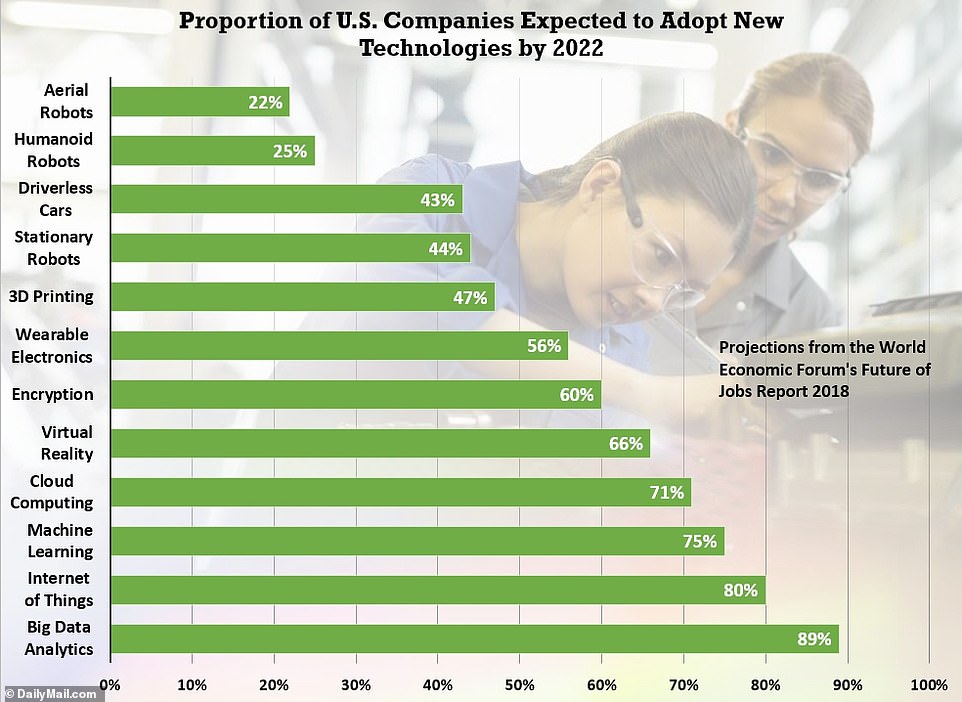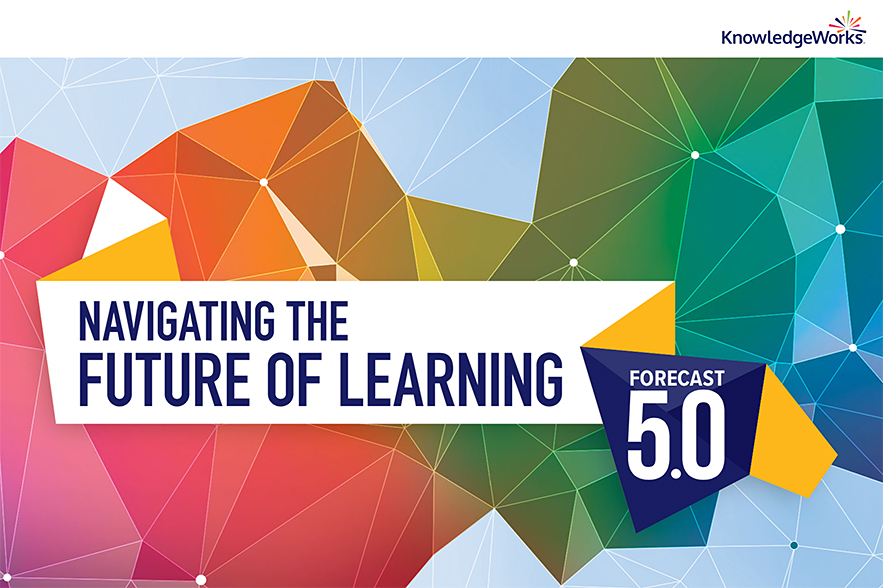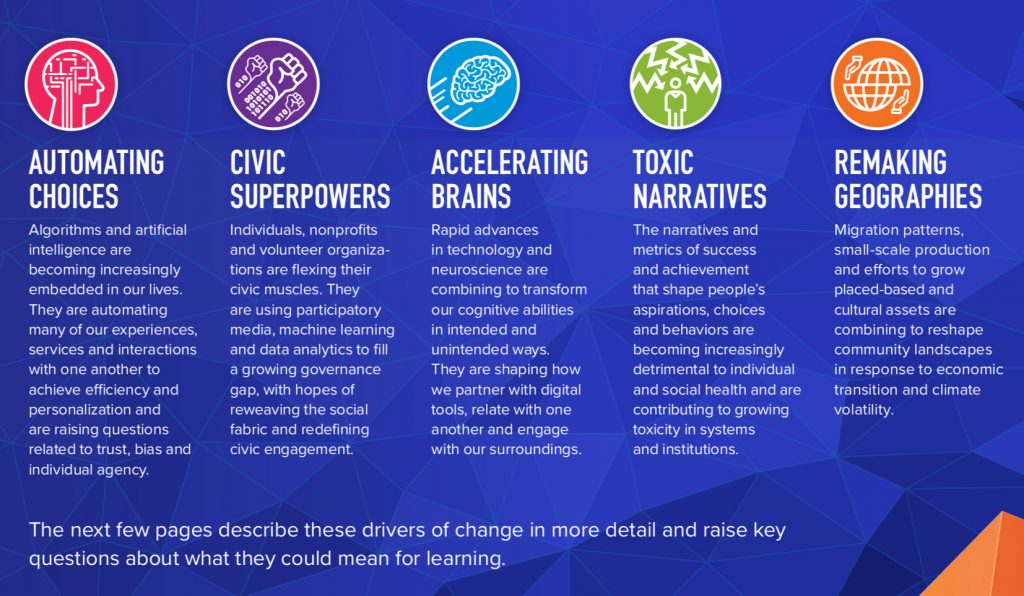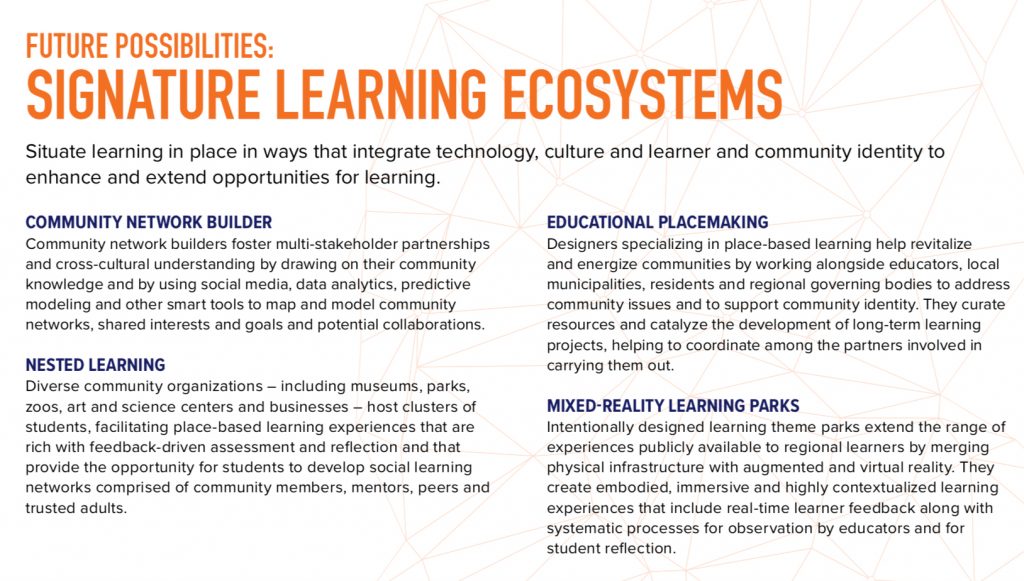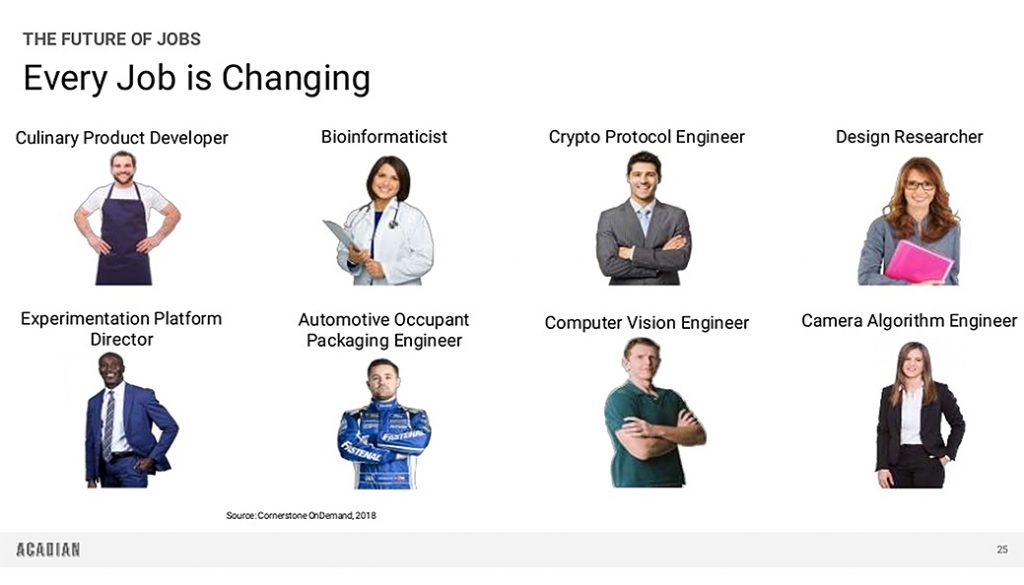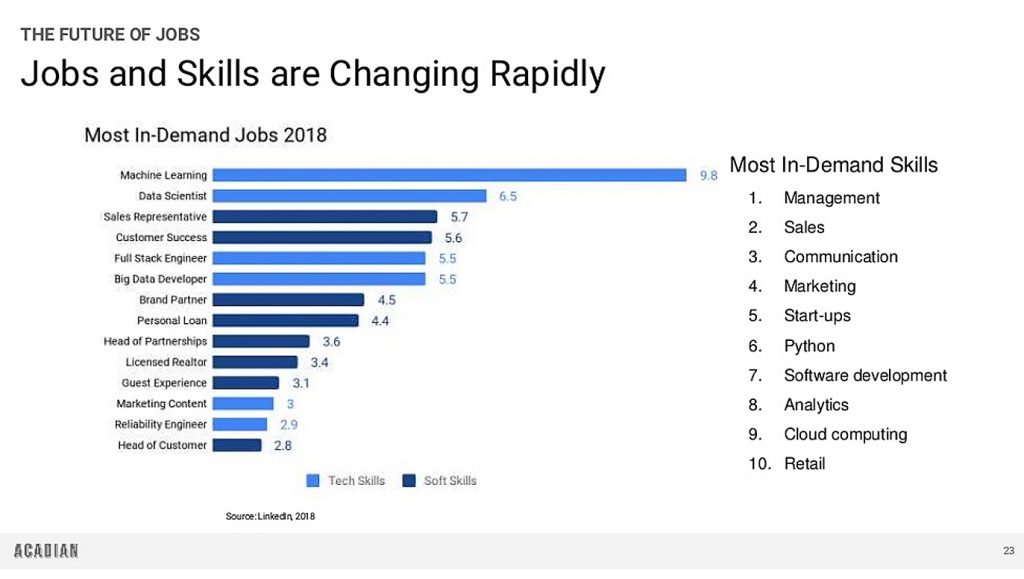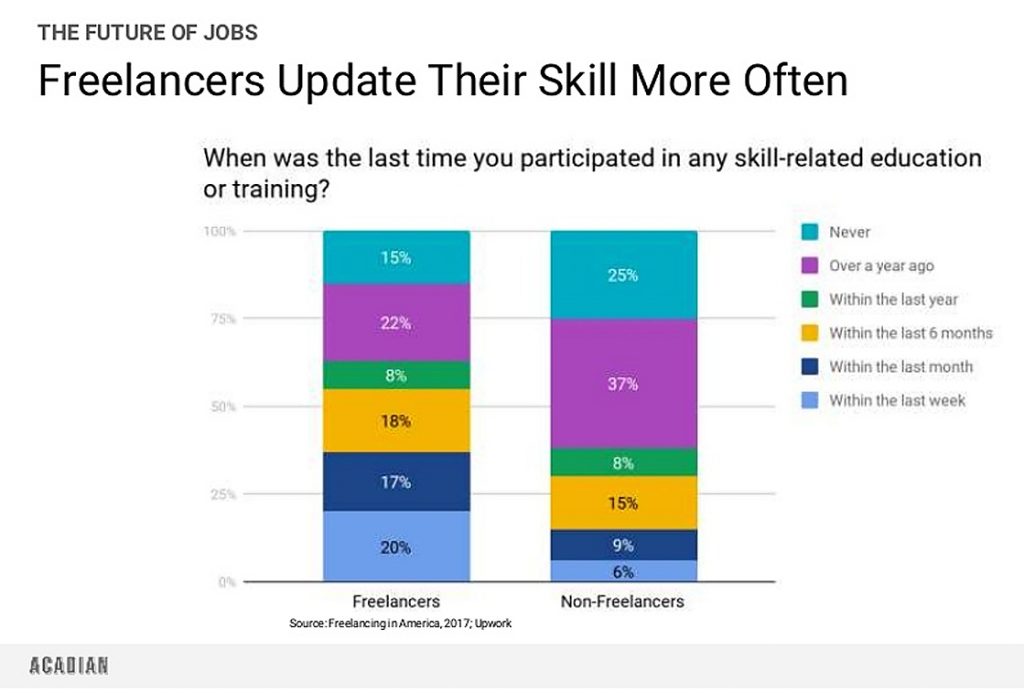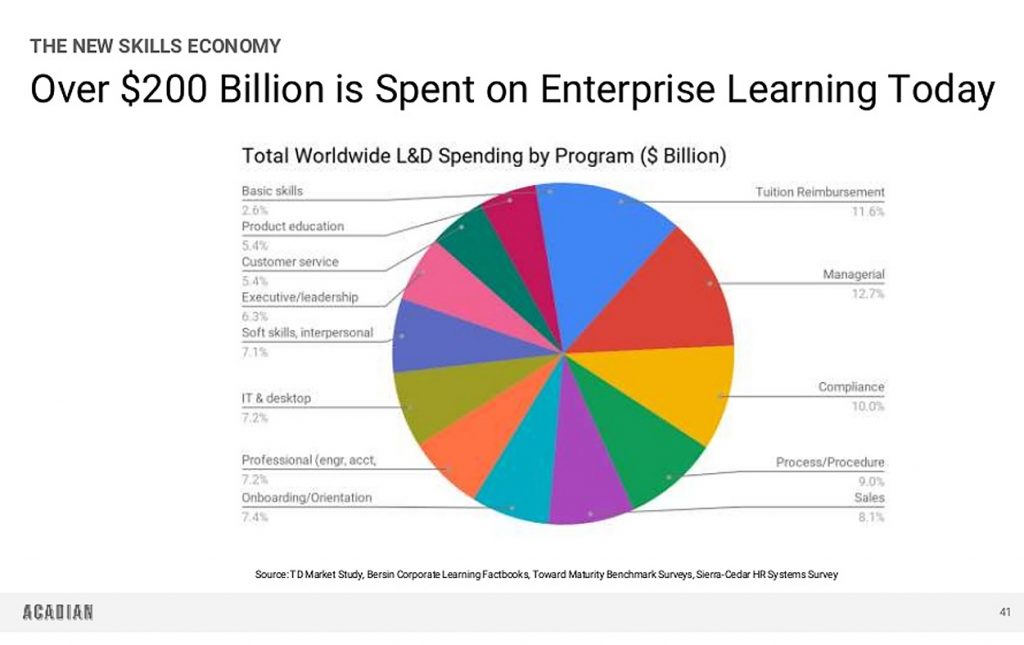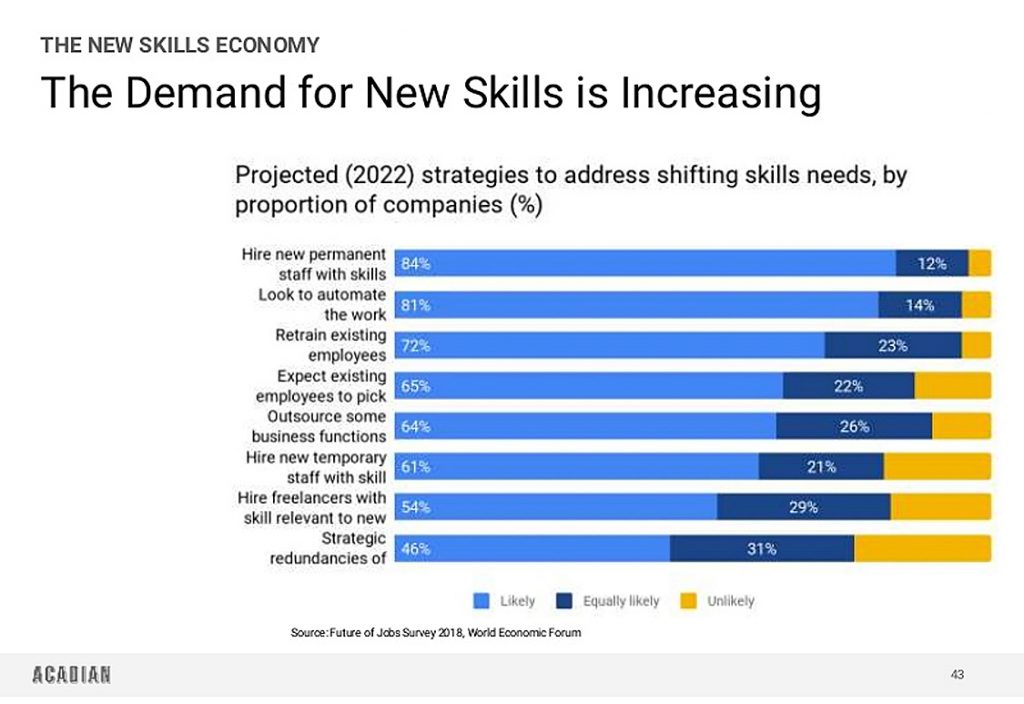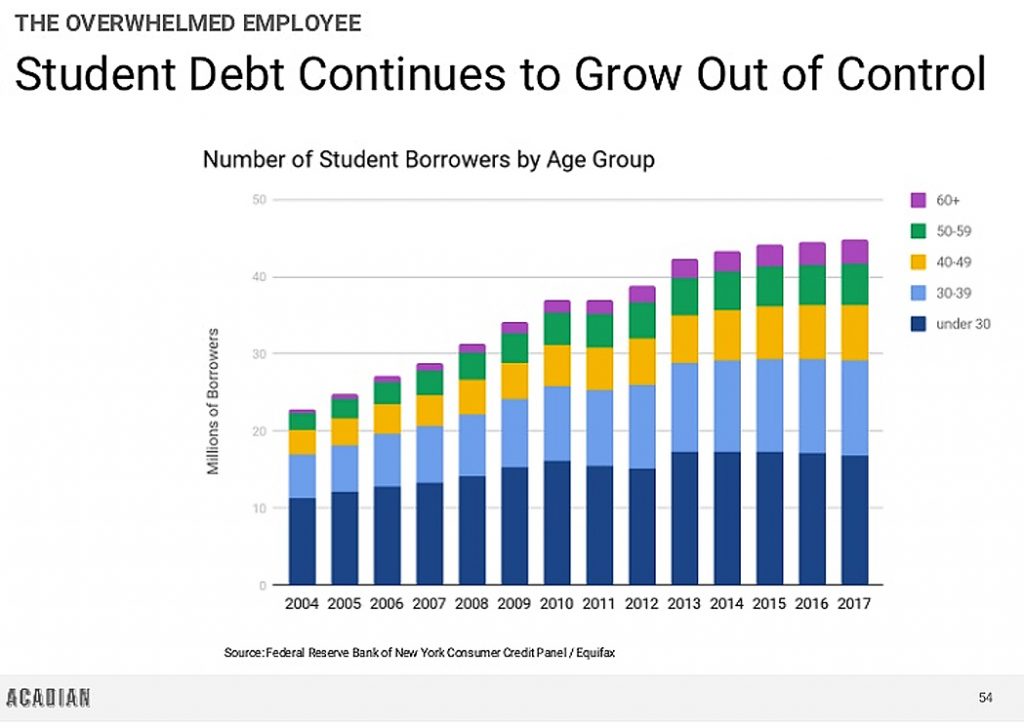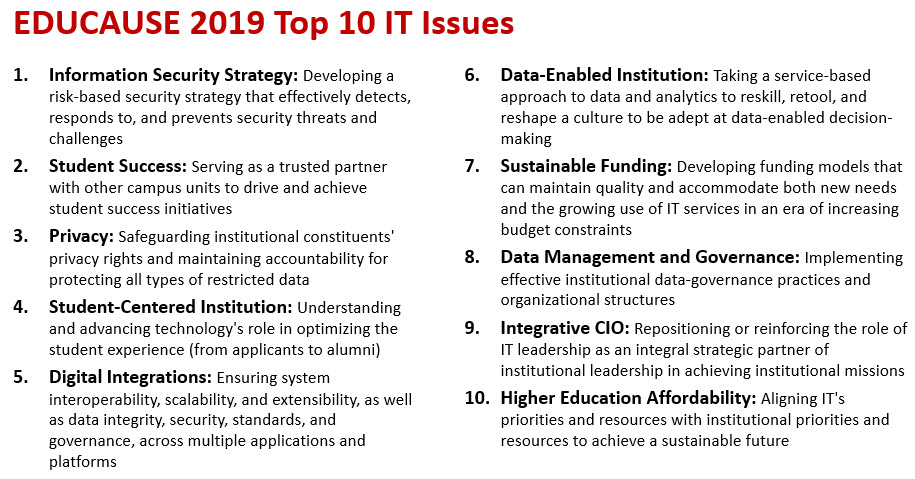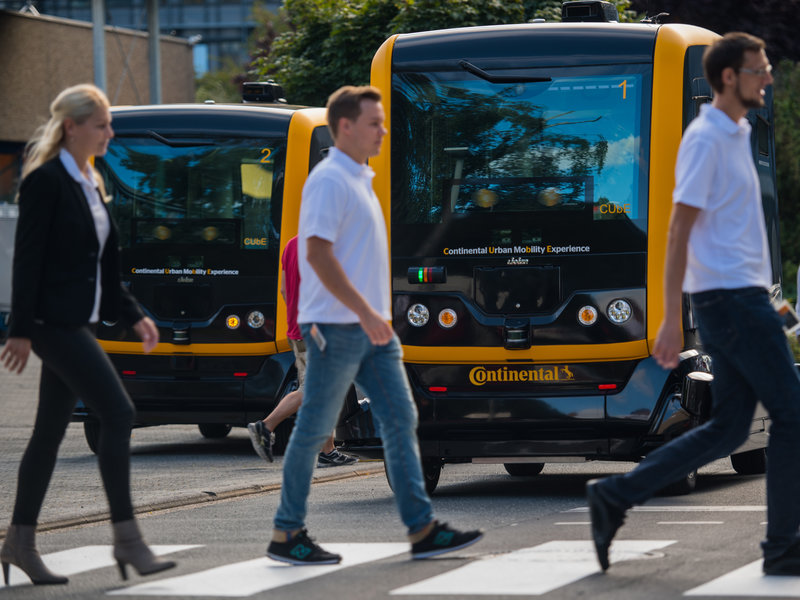Why should anyone believe Facebook anymore? — from wired.com by Fred Vogelstein
Excerpt:
Just since the end of September, Facebook announced the biggest security breach in its history, affecting more than 30 million accounts. Meanwhile, investigations in November revealed that, among other things, the company had hired a Washington firm to spread its own brand of misinformation on other platforms, including borderline anti-Semitic stories about financier George Soros. Just two weeks ago, a cache of internal emails dating back to 2012 revealed that at times Facebook thought a lot more about how to make money off users’ data than about how to protect it.
Now, according to a New York Times investigation into Facebook’s data practices published Tuesday, long after Facebook said it had taken steps to protect user data from the kinds of leakages that made Cambridge Analytica possible, the company continued to sustain special, undisclosed data-sharing arrangements with more than 150 companies—some into this year. Unlike with Cambridge Analytica, the Times says, Facebook provided access to its users’ data knowingly and on a greater scale.
What has enabled them to deliver these apologies, year after year, was that these sycophantic monologues were always true enough to be believable. The Times’ story calls into question every one of those apologies—especially the ones issued this year.
…
There’s a simple takeaway from all this, and it’s not a pretty one: Facebook is either a mendacious, arrogant corporation in the mold of a 1980s-style Wall Street firm, or it is a company in much more disarray than it has been letting on.
…
It’s hard to process this without finally realizing what it is that’s made us so angry with Silicon Valley, and Facebook in particular, in 2018: We feel lied to, like these companies are playing us, their users, for chumps, and they’re also laughing at us for being so naive.
Also related/see:
‘We’ve hit an inflection point’: Big Tech failed big-time in 2018 — from finance.yahoo.com by JP Mangalindan
Excerpt:
2018 will be remembered as the year the public’s big soft-hearted love affair with Big Tech came to a screeching halt.
For years, lawmakers and the public let massive companies like Facebook, Google, and Amazon run largely unchecked. Billions of people handed them their data — photos, locations, and other status-rich updates — with little scrutiny or question. Then came revelations around several high-profile data breaches from Facebook: a back-to-back series of rude awakenings that taught casual web-surfing, smartphone-toting citizens that uploading their data into the digital ether could have consequences. Google reignited the conversation around sexual harassment, spurring thousands of employees to walk out, while Facebook reminded some corners of the U.S. that racial bias, even in supposedly egalitarian Silicon Valley, remained alive and well. And Amazon courted well over 200 U.S. cities in its gaudy and protracted search for a second headquarters.
“I think 2018 was the year that people really called tech companies on the carpet about the way that they’ve been behaving conducting their business,” explained Susan Etlinger, an analyst at the San Francisco-based Altimeter Group. “We’ve hit an inflection point where people no longer feel comfortable with the ways businesses are conducting themselves. At the same time, we’re also at a point, historically, where there’s just so much more willingness to call out businesses and institutions on bigotry, racism, sexism and other kinds of bias.”
The public’s love affair with Facebook hit its first major rough patch in 2016 when Russian trolls attempted to meddle with the 2016 U.S. presidential election using the social media platform. But it was the Cambridge Analytica controversy that may go down in internet history as the start of a series of back-to-back, bruising controversies for the social network, which for years, served as the Silicon Valley poster child of the nouveau American Dream.









